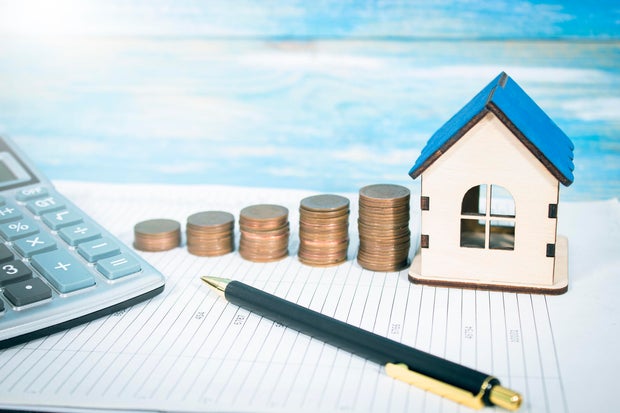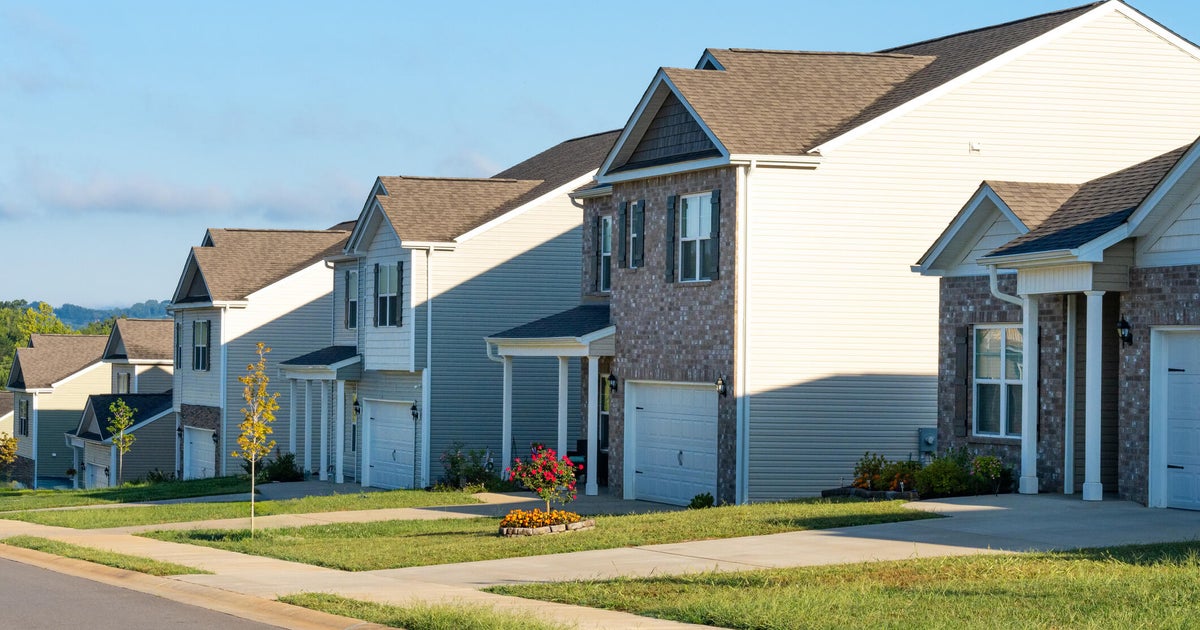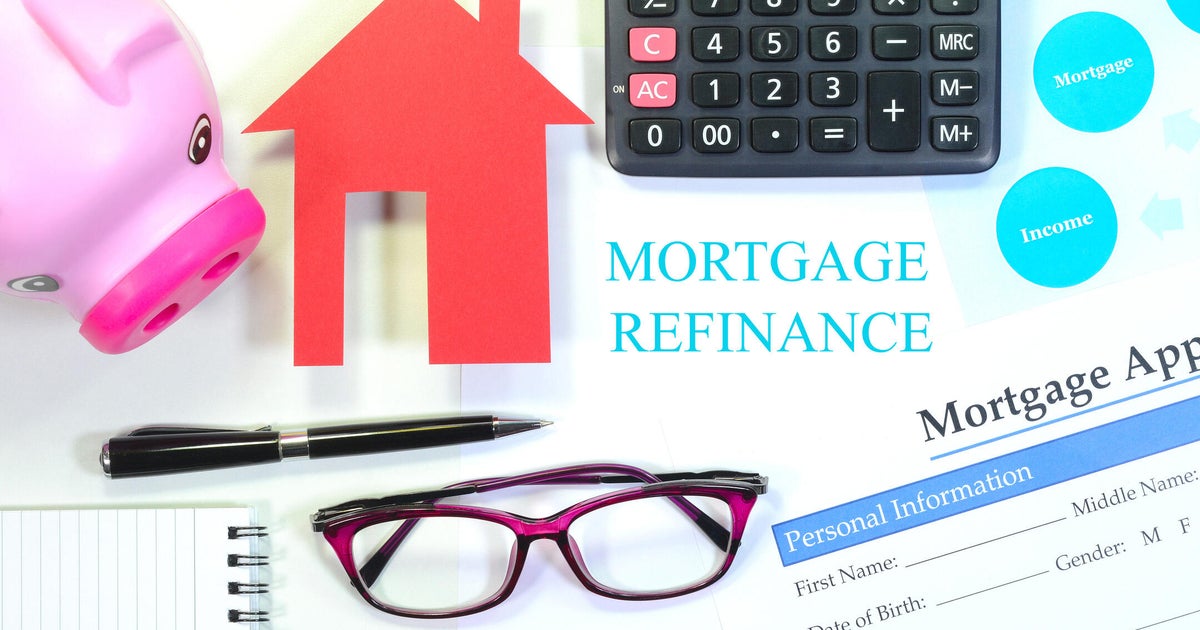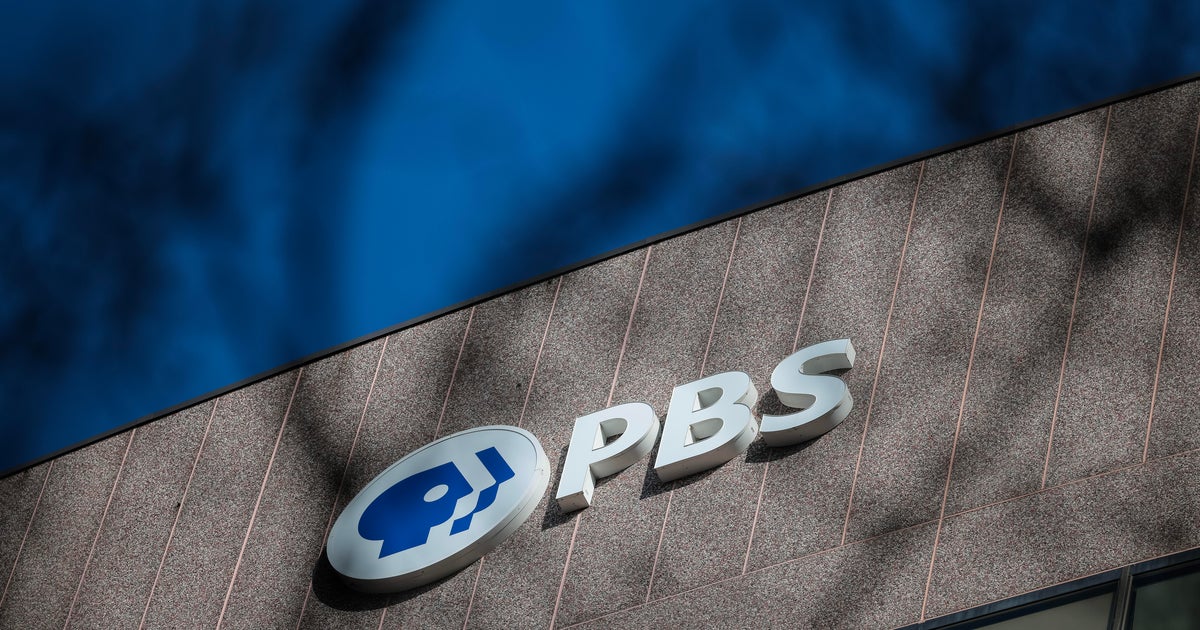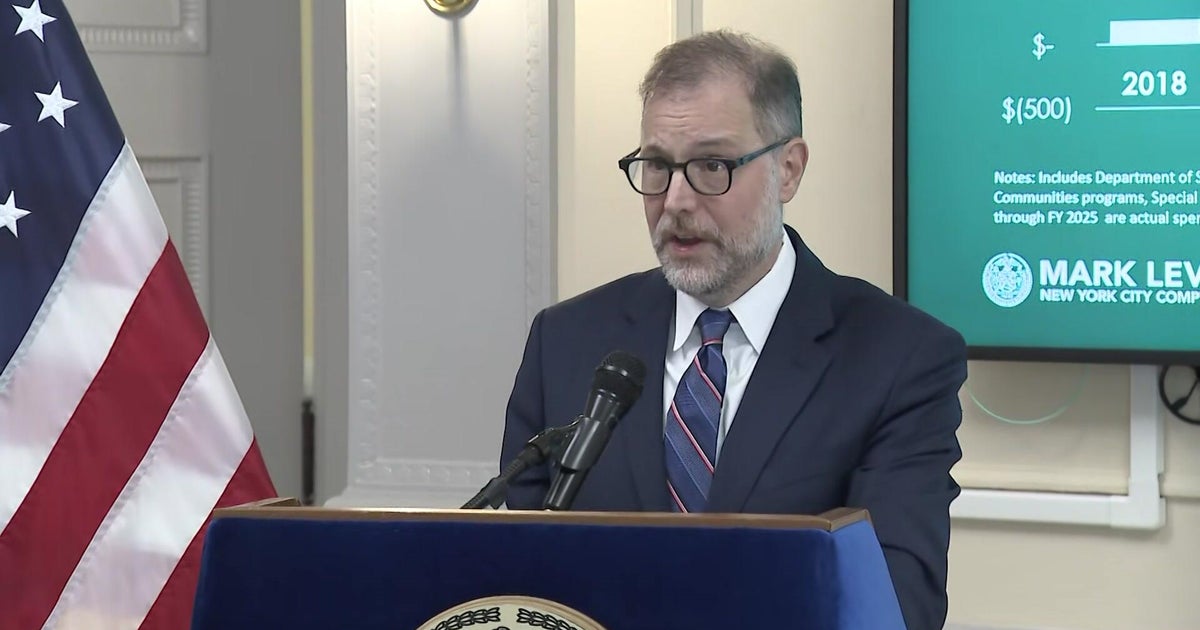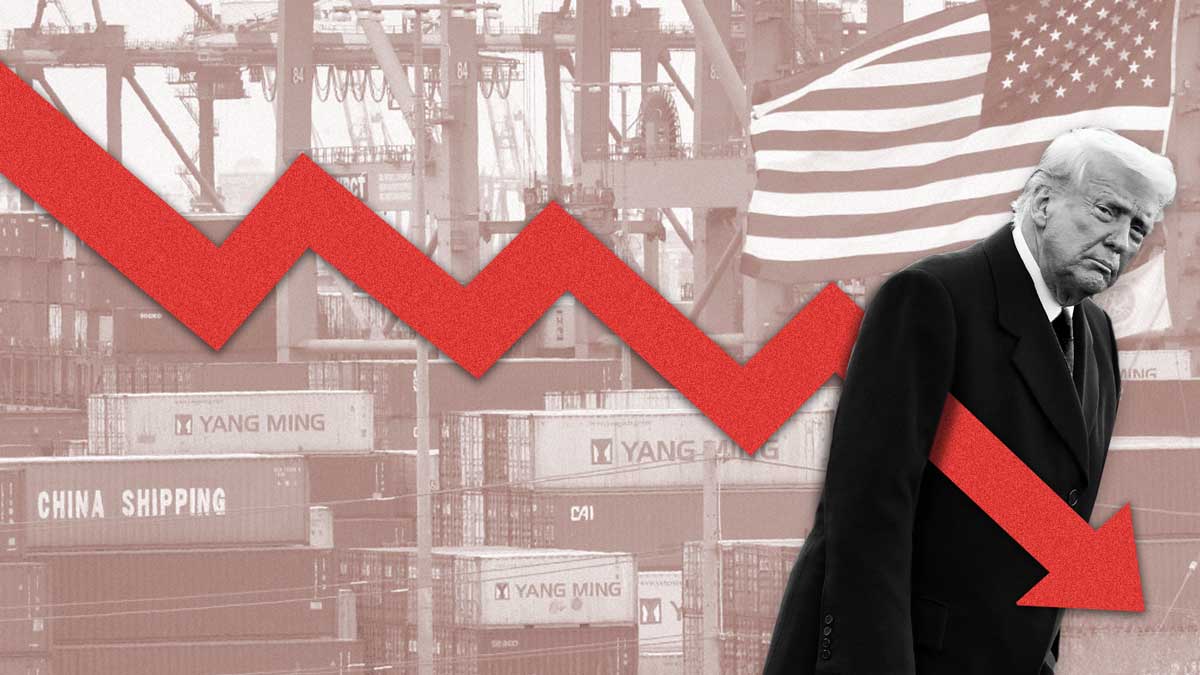Is this a good time to refinance your mortgage?
Homeowners continue to face financial challenges in 2025. Inflation and interest rates remain elevated, and the stock market is seeing a spike in volatility as recession fears mount. All of these factors create uncertainty for anyone managing a mortgage.
Yet this economic turmoil may offer an unexpected benefit for some homeowners. Mortgage interest rates have started to decline after reaching their highest point in years. As the Federal Reserve cuts interest rates, people who bought homes during peak rate periods might now save a lot on monthly payments.
But is now the right time to refinance your mortgage? We asked mortgage lending professionals to weigh in. Below, they share advice about when refinancing makes sense, when it doesn't and what costs to consider before deciding.
Compare today's top mortgage offers online now.
Is this a good time to refinance your mortgage?
For certain homeowners, now could be the right time to refinance. "There are tremendous opportunities to reduce monthly expenses and debt by tapping into existing home equity, which is at an all-time high of about $35 trillion in the U.S.," says Michael Brennan, president at mortgage company Nationwide Mortgage Bankers.
However, Debbie Calixto, sales manager at mortgage lender loanDepot, emphasizes that the right timing varies for each homeowner based on their circumstances. As mortgage rates fluctuate, some homeowners may find significant savings while others might be better off staying put.
Why now is a good time to refinance your mortgage
"If [your] rate is pushing 8%, dropping to today's average could save [you] hundreds a month, depending on your loan size," says Steven Glick, director of mortgage sales at HomeAbroad, a real estate investment fintech company.
The timing works especially well if you have substantial home equity. This equity growth can eliminate mortgage insurance costs and further reduce monthly payments.
Beyond rate reduction, refinancing offers several strategic advantages. Some homeowners gain stability by switching from adjustable to fixed-rate mortgages before their introductory period ends. Others cut thousands in interest payments by shortening their loan term from 30 to 15 years.
Carrying high-rate debt? Calixto sees another opportunity.
"A cash-out refinance can be smart," she says.
Even with a slightly higher mortgage rate, consolidating expensive credit card debt with a cash-out refinance often produces meaningful savings and improved financial health.
Find out how much you could save by refinancing your mortgage now.
Why now isn't a good time to refinance your mortgage
"If [your] current rate is already low, the savings from today's rates won't justify the closing costs," Glick cautions.
Calixto agrees that refinancing doesn't make sense for everyone.
"More than 80% of American homeowners hold a mortgage rate below 6%," she notes.
If you're among those with a lower rate, a mortgage refinance likely won't benefit you unless you're trying to consolidate high-interest debt.
Your timeline also matters when considering a mortgage refi.
"If [you] plan to be out of the house in less than five years, then refinancing might not make sense," Brennan points out.
Glick adds that it might take years to break even on upfront costs — which could run $3,000 to $6,000 or more.
Costs to account for when refinancing a mortgage
Understanding refinancing costs will help you determine if it makes financial sense. Below, Calixto and Glick highlight the key expenses to consider:
- Loan origination fees: These cover the lender's cost for processing and underwriting your new mortgage. Expect to pay 0.5% to 1% of the loan amount.
- Mortgage refinancing closing costs: "[These] include lender fees, title insurance and escrow charges — usually 2% to 5% of the loan amount," explains Glick.
- Appraisal fees: Lenders require an assessment of your home's current value to confirm that the property's worth supports the loan amount. The average cost for this is $300 to $600, according to Glick.
- Title fees: These cover title search and insurance, ensuring no legal claims on your property and protecting against future disputes.
- Recording fees: Your local government charges these to record your new mortgage documents.
- Prepaid expenses: "Things like property taxes or [homeowners] insurance for the escrow account can add [thousands] upfront," warns Glick. "These catch people off guard since they're not 'fees' but still hit your wallet at closing."
- Credit report and application fees: "These smaller charges, typically $20 to $200 total, get overlooked but add up when you're budgeting," Glick warns.
The bottom line
"If [you have] a rate above 7.5% and can shave off a decent chunk of interest while covering closing costs in a reasonable time, refinancing could make sense," advises Glick. But if your rate is under 4%, you likely won't see enough benefit to justify this expense. For personalized guidance tailored to your situation, consult a few mortgage refinance lenders who can calculate your potential savings and break-even point.
